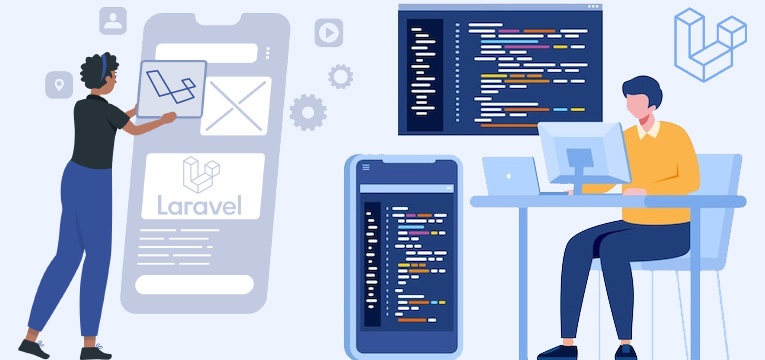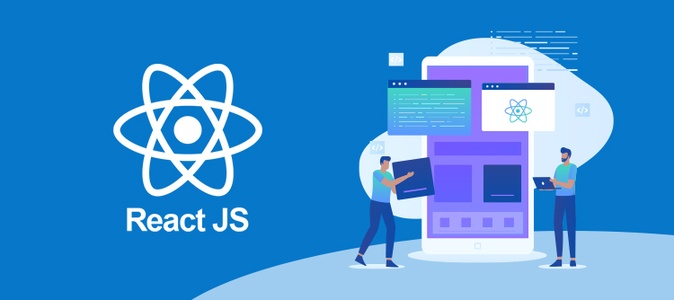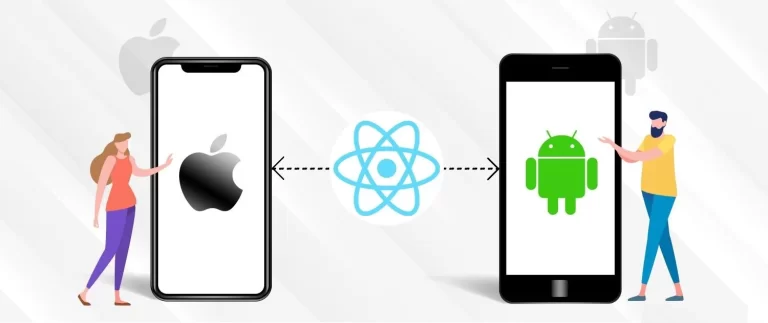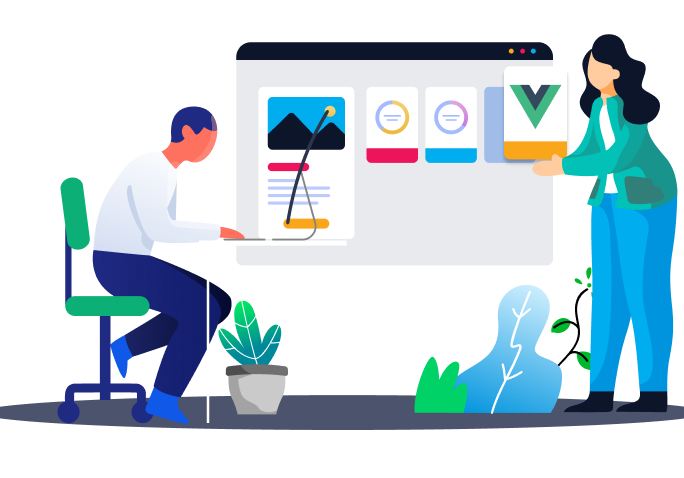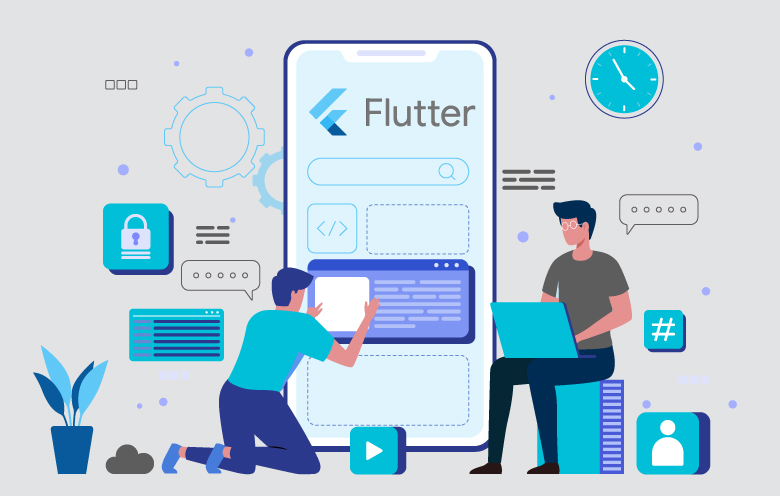
What is Flutter
Flutter is an open-source UI software development kit (SDK) created by Google. It is used to build natively compiled applications for mobile (iOS, Android), web, and desktop platforms from a single codebase. Flutter is known for its fast performance, expressive UIs, and the ability to create visually attractive apps.
Key Features of Flutter:
Single Codebase:
- Write one codebase to build apps for multiple platforms, including mobile, web, and desktop.
Dart Programming Language:
- Flutter uses Dart, a language optimized for client-side development, offering features like AOT (Ahead-of-Time) and JIT (Just-In-Time) compilation.
Widgets-Based Architecture:
- Flutter relies on customizable and composable widgets to build UIs. Everything in Flutter is a widget, from buttons to layouts.
Fast Performance:
- Flutter apps are compiled directly into native machine code, eliminating performance bottlenecks caused by interpreters.
Hot Reload:
- Flutter allows developers to see changes in real-time without restarting the app, speeding up development and testing.
Skia Graphics Engine:
- Uses Google’s Skia engine to render UIs, ensuring high performance and smooth animations.
Customizable and Themed UIs:
- Offers a vast collection of pre-designed widgets and the ability to create fully custom UIs.
Cross-Platform Support:
- Supports Android, iOS, web, Windows, macOS, and Linux.
Advantages of Flutter:
Unified Development:
- Develop for multiple platforms using a single programming language and codebase.
Rich Ecosystem:
- Includes pre-built widgets and a growing library of plugins for enhanced functionality.
High Performance:
- Direct compilation to native code ensures faster and smoother apps.
Custom UI:
- Offers unparalleled flexibility in designing visually appealing and unique UIs.
Active Community:
- A large developer community and strong support from Google.
How Flutter Works:
Flutter uses its own rendering engine to draw widgets, bypassing the need for native UI components. This means the app's look and feel are consistent across platforms.
